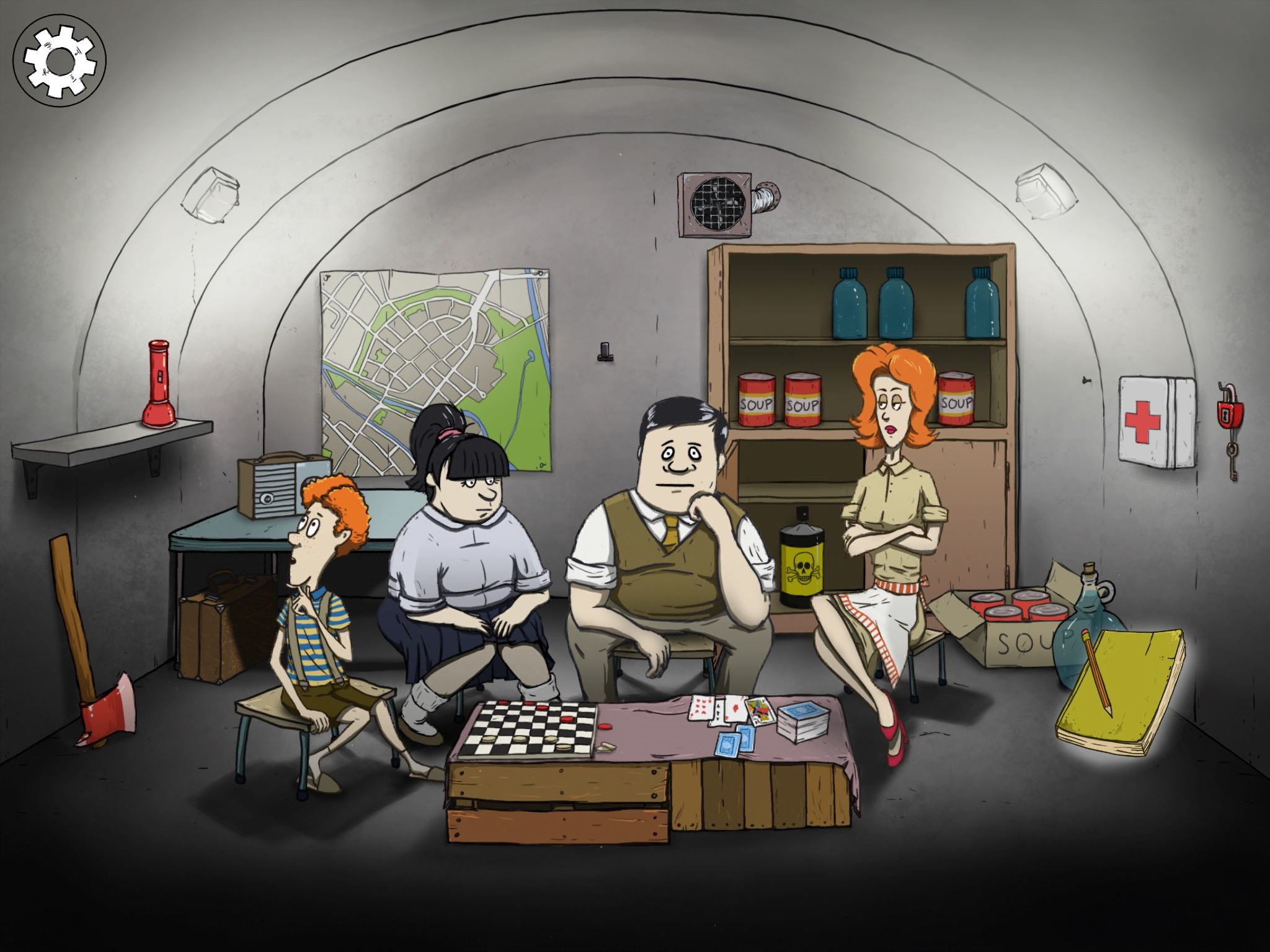


However, the role of distinct FcγR is complex, as FcγRIIb binding promoted the pro-apoptotic activities of agonistic antibodies targeting members of the tumor necrosis factor receptor superfamily. Moreover, analysis of isotype switch variants with different ratios of affinities to activating and inhibitory FcγR (A:I ratio), revealed that antibodies with a higher A:I ratio had superior therapeutic activity. For example, the antibodies rituximab or trastuzumab lost their therapeutic activity in genetically modified mice either lacking expression of activating FcγR or being defective in FcγR signaling, while their efficacy was enhanced in FcγRIIb knocked-out mice. In particular, as revealed in various animal models, Fc-mediated effector cell recruitment and functions such as ADCC or ADCP were suggested to play crucial roles for tumor-targeting antibodies. These include direct induction of cell death by receptor cross-linkage or blockade of receptor-ligand interactions, complement-dependent cytotoxicity (CDC), and recruitment of effector cells for antibody-dependent cell-mediated cytotoxicity (ADCC) or antibody-dependent cellular phagocytosis (ADCP) by engagement of activating Fcγ receptors (FcγR). Effector functions of antibodies are complex, and antibodies are able to kill cancer cells by various mechanisms in vitro (fig. New avenues for the generation of rationally designed ‘fit-for-purpose’ antibodies were opened by a better understanding of antibody effector functions and their relative contribution to the antibody's therapeutic efficacy. Thus, further optimization of the antibody molecule to achieve a higher therapeutic efficacy represents a major area in current translational research. However, a considerable number of patients still do not benefit from antibody therapy and relapse remains a serious issue. Monoclonal antibodies have improved significantly the therapeutic options of patients and are standard in the treatment of cancer today. In the current review, Fc engineering strategies resulting in improved ADCC, ADCP and CDC activity are summarized and discussed.

Strategies in modifying the Fc glycosylation profile (Fc glyco-engineering) or approaches in engineering the protein backbone (Fc protein engineering) have been intensively evaluated. Novel mechanistic insights into the action of monoclonal antibodies allowed the development of various Fc engineering approaches to modulate antibodies' effector functions. Especially Fc-mediated effector functions such as antibody-dependent cell-mediated cytotoxicity (ADCC), antibody-dependent cellular phagocytosis (ADCP), and complement- dependent cytotoxicity (CDC) are considered important in antibody therapy of cancer. Monoclonal antibodies are able to trigger a variety of effector mechanisms. Therefore, rational optimization of the antibody molecule by Fc engineering represents a major area of translational research to further improve this potent therapeutic option. Although antibody therapy has continuously been improved, still a significant number of patients do not benefit from antibody therapy. In the last two decades, monoclonal antibodies have revolutionized the therapy of cancer patients.


 0 kommentar(er)
0 kommentar(er)
